“We left France to come to Madrid and it’s completely surreal to drink a beer on a terrace when Paris is in lockdown… it’s magical!” smiles Mathieu de Carvalho, a 22-year-old student who landed in the city just two hours ago.
Visiting with three friends, he raises his glass, the tables around him packed with people on a warm spring evening.
Since the end of the first national lockdown in June 2020, Madrid has kept its doors firmly open to foreign visitors with a steady stream of tourists coming to enjoy the sense of normality at its museums, bars, restaurants and theatres.
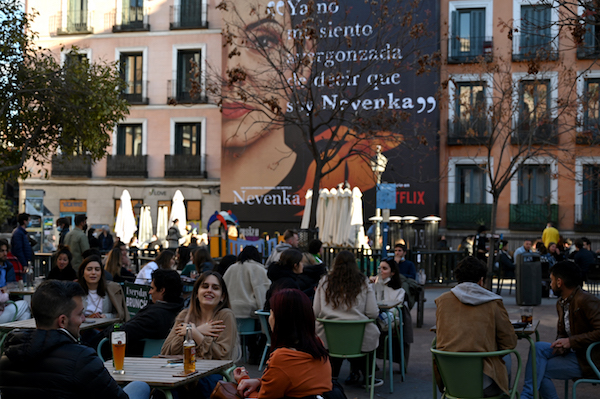
And it’s not only in the Spanish capital. With Easter on the horizon, large numbers of German tourists are expected to fly into Mallorca in the coming days, one of their favourite haunts in the
Balearic Islands.
But it’s a reality that has annoyed and angered Spaniards who are banned from leaving their own regions until April 9 to avoid a resurgence of Covid infections over Holy Week, a hugely popular holiday when people routinely travel to see family.
‘The pandemic affects all of us’
With Madrid in the middle of a crucial campaign ahead of regional elections on May 4th, the laissez-faire attitude of the current authorities, who for months have insisted on minimising Covid restrictions, has drawn some sharp criticism.
“Putting up neon lights and telling Europe: ‘Here in Madrid we’re Covid-free’ has a pull effect which encourages binge-drinking and anti-social tourism,” said Monica Garcia, candidate for the hard-left Mas Madrid party.
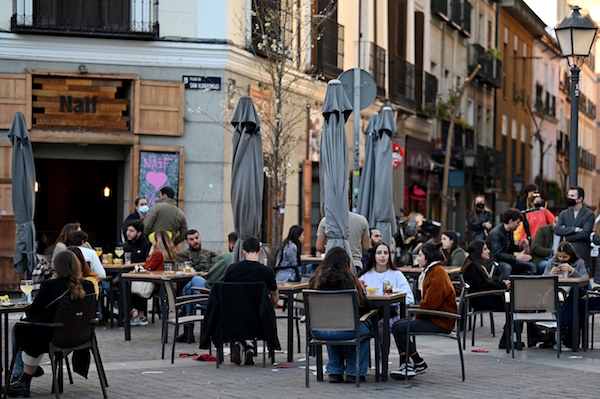
“They’re asking us Madrilenos to behave responsibly and not letting us even visit our families while in the flat next door they’re holding illegal parties,” she railed, referring to those who rent AirBnB apartments just to party with no respect for the ban on social gatherings or other health and safety norms.
Madrid’s rightwing mayor José Luis Martinez-Almeida, who has backed regional moves to keep the economy open at all costs, defended the visitors, insisting “they don’t come to drink” but rather to enjoy the city’s theatres, cinemas and culture.
But the city’s residents are furious. “The pandemic touches everyone. We can’t go and visit family members, and I don’t like the fact that a foreigner can come here who could have Covid just like I could,” argues José Rodriguez, a frustrated 28-year-old photographer who is unable to go and see his family in the southern Andalusia region.
“It’s a very strange decision which is difficult to understand,” agrees Felix Domingo, 65.
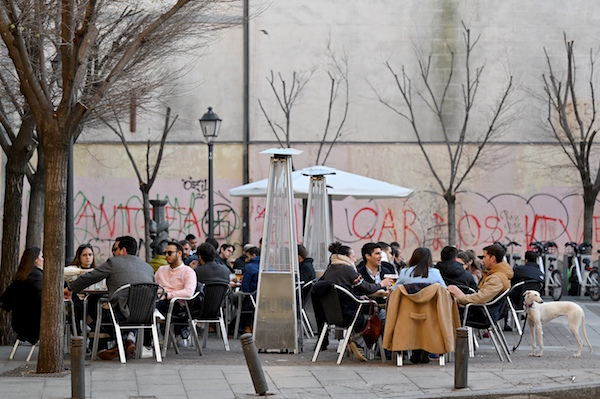
Even the European Commission has pointed out the contradiction with spokesman Christian Wigand on Monday calling for more “coherence” with regards to travel restrictions.
Questioned in parliament on Wednesday, Prime Minister Pedro Sanchez insisted that Spain’s policies were “in line with the recommendations” from Brussels.
‘Missed having a life’
And in the streets of Madrid, the visitors keep coming, the only barrier to arrival being a positive PCR test.
Among them are Germans, Italians, Portuguese and French nationals, who are often singled out, prompting a response from the embassy’s charge d’affaires Gautier Lekens who on Thursday warned people not “to stigmatise” French visitors nor “exaggerate a phenomenon which does not exist”.
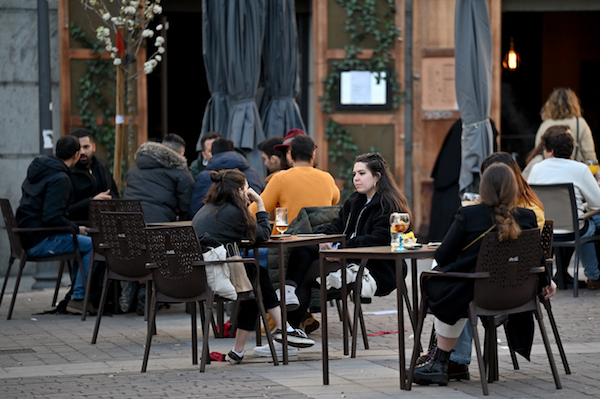
But such controversies are far from the mind of Melanie Ben, a 24-year-old French student who is already planning to come back.
“People think you can’t travel when in fact you can. I think we’re going to go away for quite a few weekends because we need them,” she told AFP, beaming. “It’s having a life that we’ve missed, the life we had before.”

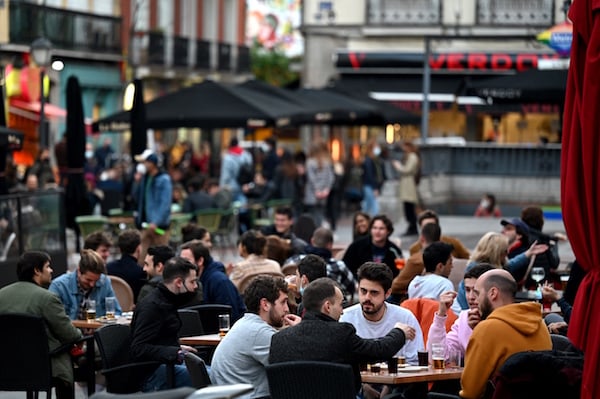
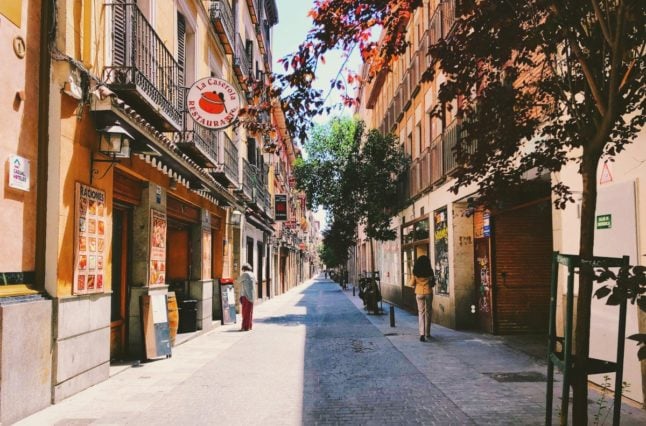
 Please whitelist us to continue reading.
Please whitelist us to continue reading.
Member comments